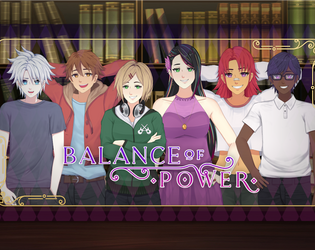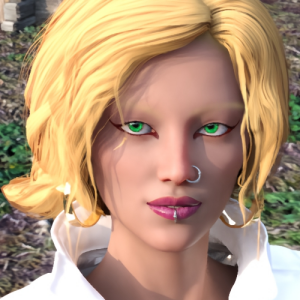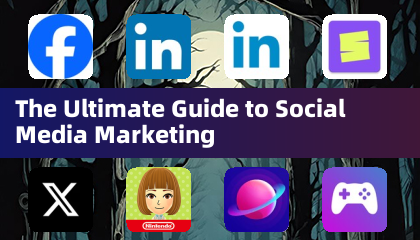The Yakuza/Like a Dragon series, while expanding its appeal to younger and female players, remains committed to its core identity: middle-aged men experiencing life's ups and downs.
Like a Dragon Studio Prioritizes Authenticity Over Broadening Appeal
Staying True to the "Middle-Aged Dude" Experience

The series, led by the charismatic Ichiban Kasuga, has garnered a diverse fanbase. However, director Ryosuke Horii affirmed in an interview with AUTOMATON that the franchise will not compromise its core identity to cater to this wider audience. The focus remains on relatable experiences of middle-aged men, reflecting the developers' own life stages. This includes topics like health concerns and everyday struggles, which Horii believes contribute to the game's originality and relatability.
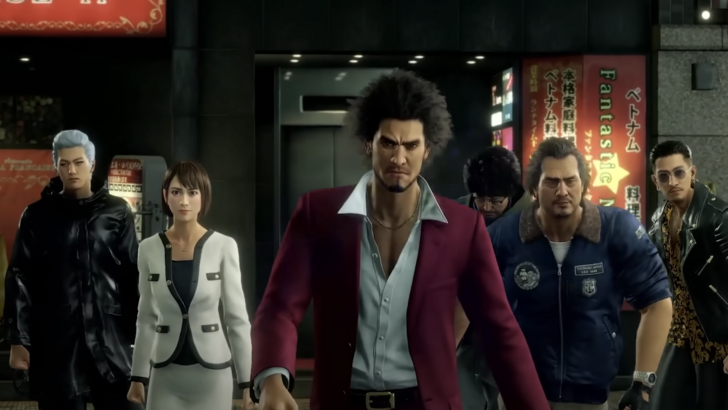
Horii and lead planner Hirotaka Chiba highlight the authenticity of the characters' struggles as a key element of the series' appeal. The characters' problems, like Ichiban's love for Dragon Quest or complaints about back pain, are presented as relatable aspects of the human experience. This grounded approach fosters a sense of connection between players and characters.

Series creator Toshihiro Nagoshi, in a 2016 Famitsu interview (reported by Siliconera), expressed surprise at the increase in female players but emphasized that the series' design prioritizes a male audience. He stressed the intention to avoid altering the core experience to overly cater to new demographics.
Addressing Concerns About Female Representation
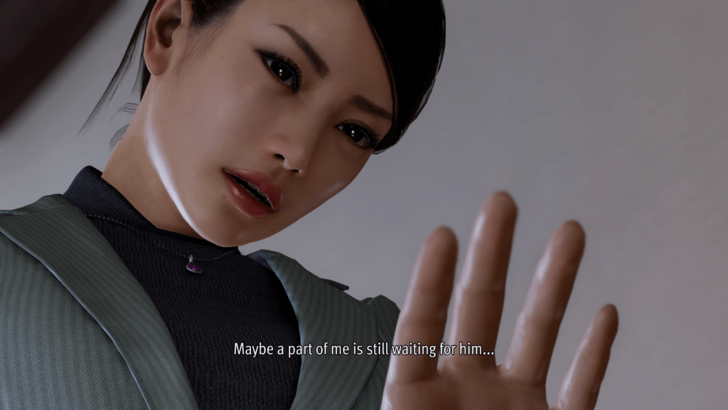
Despite its target audience, the series has faced criticism for its portrayal of female characters. Some fans have pointed out the prevalence of sexist tropes and the limited depth of female roles. Concerns include the frequent objectification of women and the reliance on the "damsel in distress" archetype. Even in recent installments, the limited number of female party members and the nature of interactions between male and female characters have drawn criticism.
Chiba, in a lighthearted comment, acknowledges that even attempts to include female-centric interactions sometimes get steered back towards male-dominated conversations within the game's narrative.
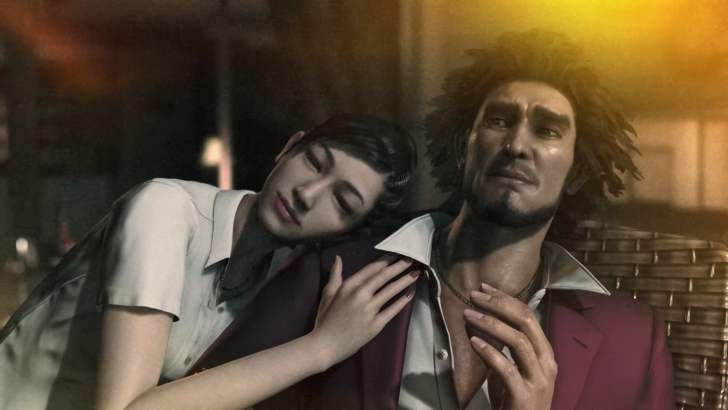
While the series has evolved and incorporated more progressive elements, it continues to grapple with balancing its established identity with evolving expectations regarding female representation. Despite these criticisms, newer entries, like Like a Dragon: Infinite Wealth, have received positive reviews, showcasing progress while remaining true to the series' core. Game8's 92/100 review highlights this balancing act, praising the game's appeal to long-time fans while charting a new course for the future.



